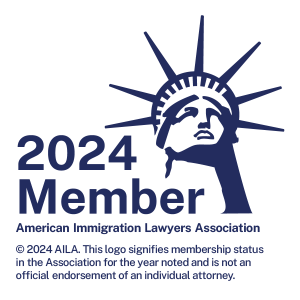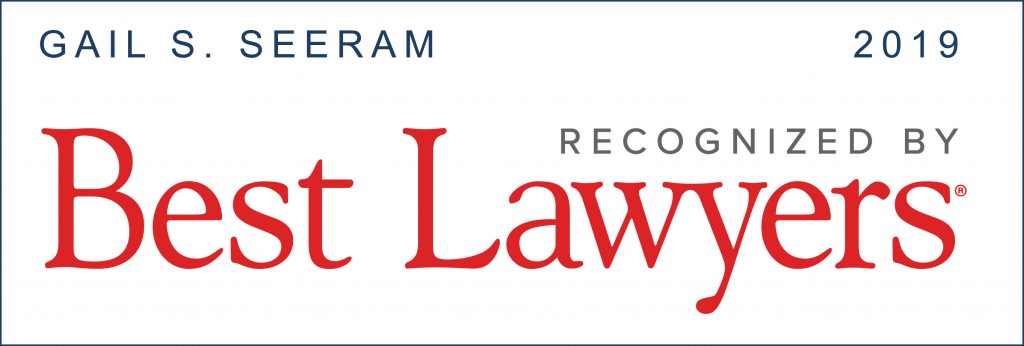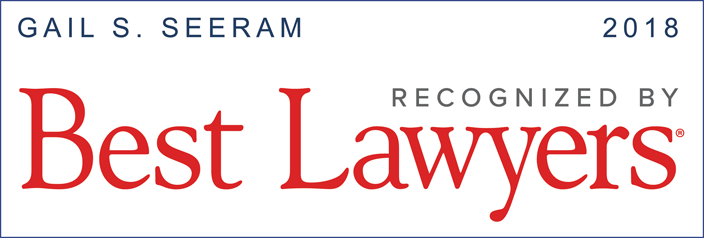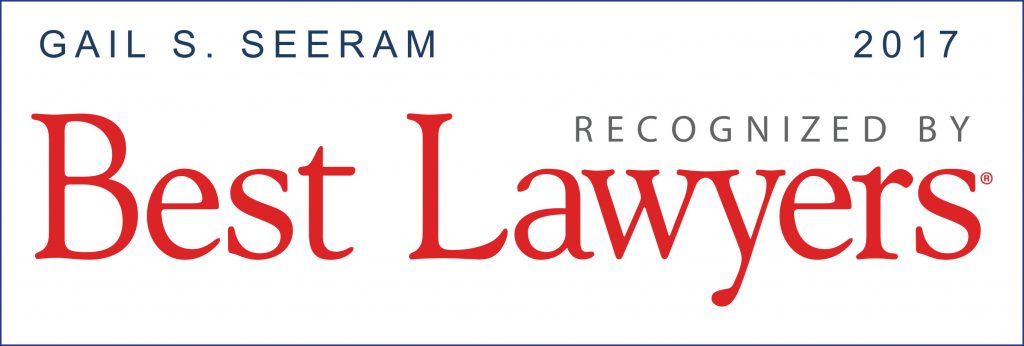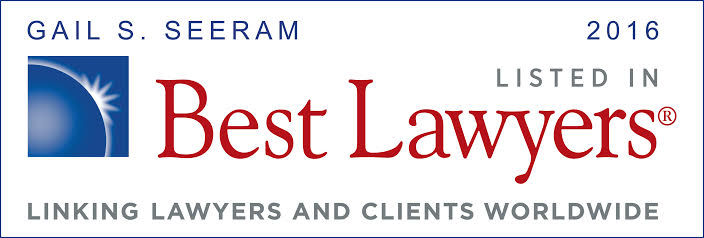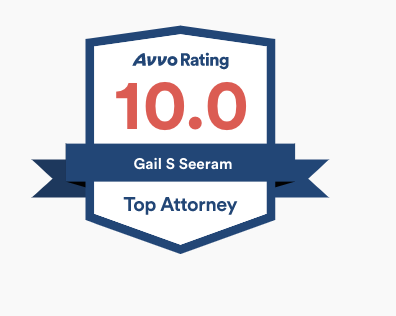
Page of passport with visa
As of 09/18/2017, in a significant change of policy, Secretary of State Rex W. Tillerson wrote that visitors who enter the U.S. must follow through on their “stated plans” for at least three months. “Stated plans” means what they listed on their B-1/B-2 application, what they told the interviewing officer at the Embassy, and what they told the Custom and Border Protection (CBP) officer when they entered the U.S. at the airport.
If a visitor does something inconsistent with what they told the consular official or CBP officer — such as marry an American citizen, go to school or get a job — it will be presumed that they have deliberately lied or committed a fraudulent misrepresentation to gain an immigration benefit. Such a lie would result in revocation of the B-1/B-2 visa, denial of a change in status, and possible deportation from the U.S. A “lie” would also include booking an airline ticket for two weeks and stating to a CBP officer you will stay only two weeks in the U.S. and then once arrive in the U.S. changing your airline ticket to a longer period of time such as 3-6 months.
Changes of plans that occur after three months may still raise red flags and but are not presumed to be the result of “willful misrepresentation,” the cable said. Under previous rules, a change in plans was deemed to be a fraudulent misrepresentation only for the first month after arrival in the United States.
“If someone comes to the U.S. as a tourist, falls in love and gets married within 90 days and then applies for a green card, this means the application would be denied,” said Diane Rish, the associate director of government relations at the American Immigration Lawyers Association. “This is a significant policy change.”
But the new rule does not generally apply to citizens of 38 countries — including most of Europe and longstanding allies like Australia, New Zealand and Japan — who do not need a visa or an explicit travel, business or educational plan before coming to the United States.
For more information on fraudulent misrepresentation,
email Gail@GailLaw.com or call 1-877-GAIL-LAW or 407-292-7730.
FREE phone & in-office consultation – FREE Live Chat www.GailLaw.com
Copyright © 2016, Law Offices of Gail S. Seeram. All Rights Reserved.


